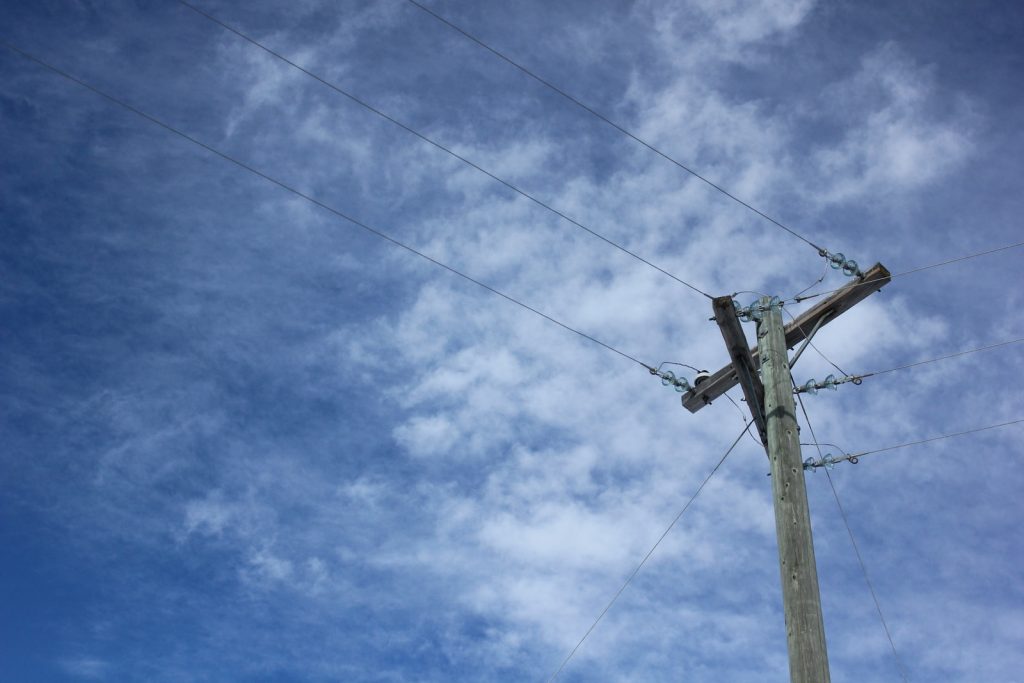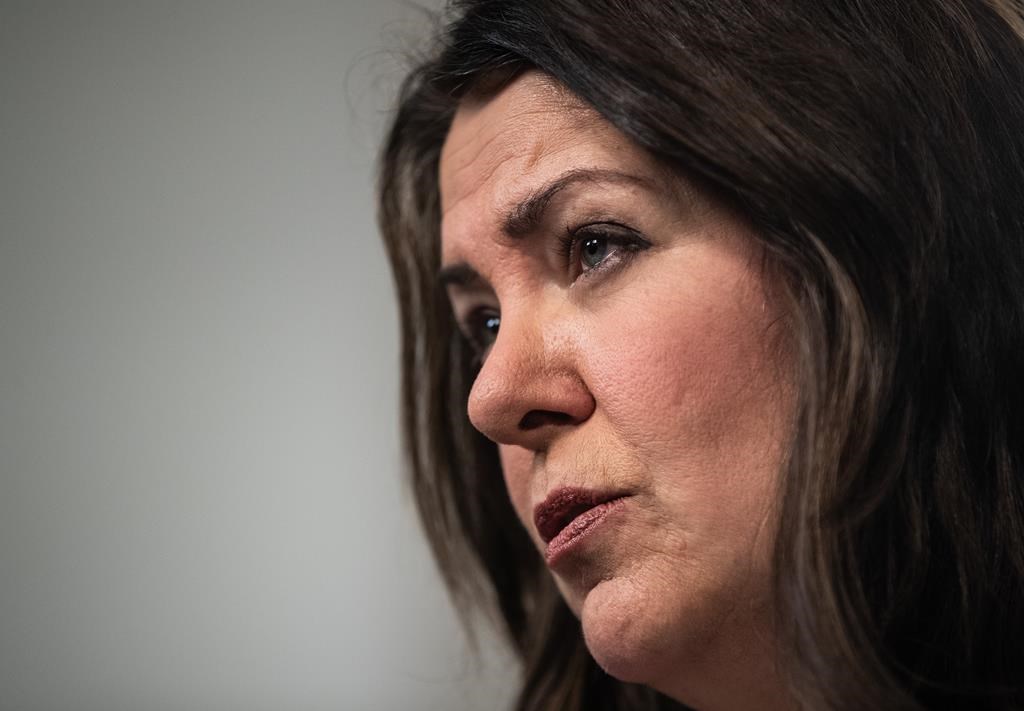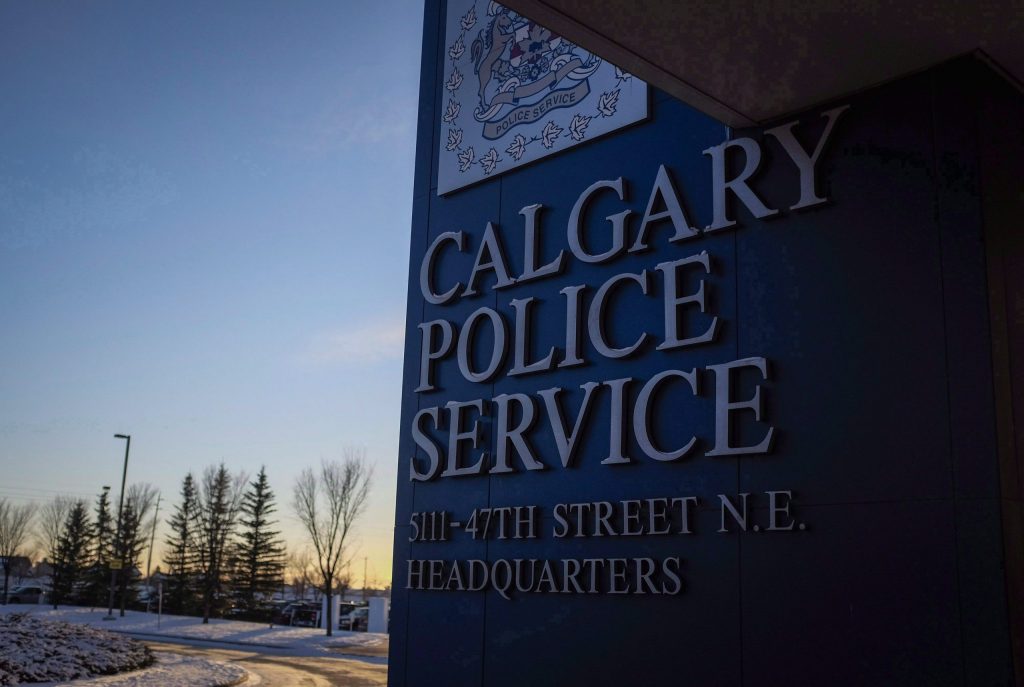Alberta’s regulated electricity rate option set to soar

Posted Jul 28, 2023 8:24 am.
Alberta’s electricity rate is expected to soar to a provincial record in August.
The regulated rate option (RRO) in Calgary is currently 27.5 cents per kilowatt hour with Enmax, it will soon be 31.8 cents.
Joel Macdonald, an economist and the founder of energyrates.ca, says the structure of Alberta’s grid allows extreme highs and extreme lows.
“In 2016-2019, we had one of the lowest electricities in North America and now we currently have one of the highest electricity rates,” he said. “When demand is outstripping supply our prices tend to increase significantly.”
As a result, Albertans who aren’t on a fixed rate could see their bills jump over $125, on average, each month.
Related stories:
-
Spring savings on electricity in Alberta may be disappointing: expert
-
Albertans to repay energy bill rebate: Report
-
Alberta expands electricity rebate
Eric Myers, finance professor at Mount Royal University, says this will definitely add up for a lot of people who are already struggling.
“What it all boils down to is, it’s going to chip into people’s expenses and it’s going to cause them to have to allocate more money towards not just this specific expense but future expenses down the road too. So, it’s going to dip into many Calgarians’ savings accounts and leave them with less money,” he said.
“Each person’s situation is different, to kind of shuffle the deck and say ‘OK, I’m going to have to spend more money here, what do I have to cut down in another category?'” Myers added. “It’s unfortunate in many ways, it’s just going to cause Albertans to have to make even more decisions than they’re already having to.”
Macdonald says it’s important to pay attention to what you’re paying and consider looking into finding a cheaper rate.
“If you were to do some research, you would see a lot of those fixed rates are in the 11 cent to 14 cent kilowatt hour, pick the lowest rate, make sure you get off that very high RRO rate,” he said. “There’s no obligation, down the road if things change, you can always go back on the RRO.”
In the meantime, experts say the fixed rate is the way to go, and that prices are forecasted to drop over the next year.
“Albertans have the option of selecting a fixed rate, selecting the cheapest term possible could be three years, five years, in three, five months, if the industry changes and the floating rates start being cheaper they can just give their notice and switch to a floating rate,” Macdonald explained. “So, there’s a definitive answer and it’s signing up for fixed rates because they about have the price right now.”
-With files from Logan Stein, Dione Wearmouth, and Tiffany Goodwein










